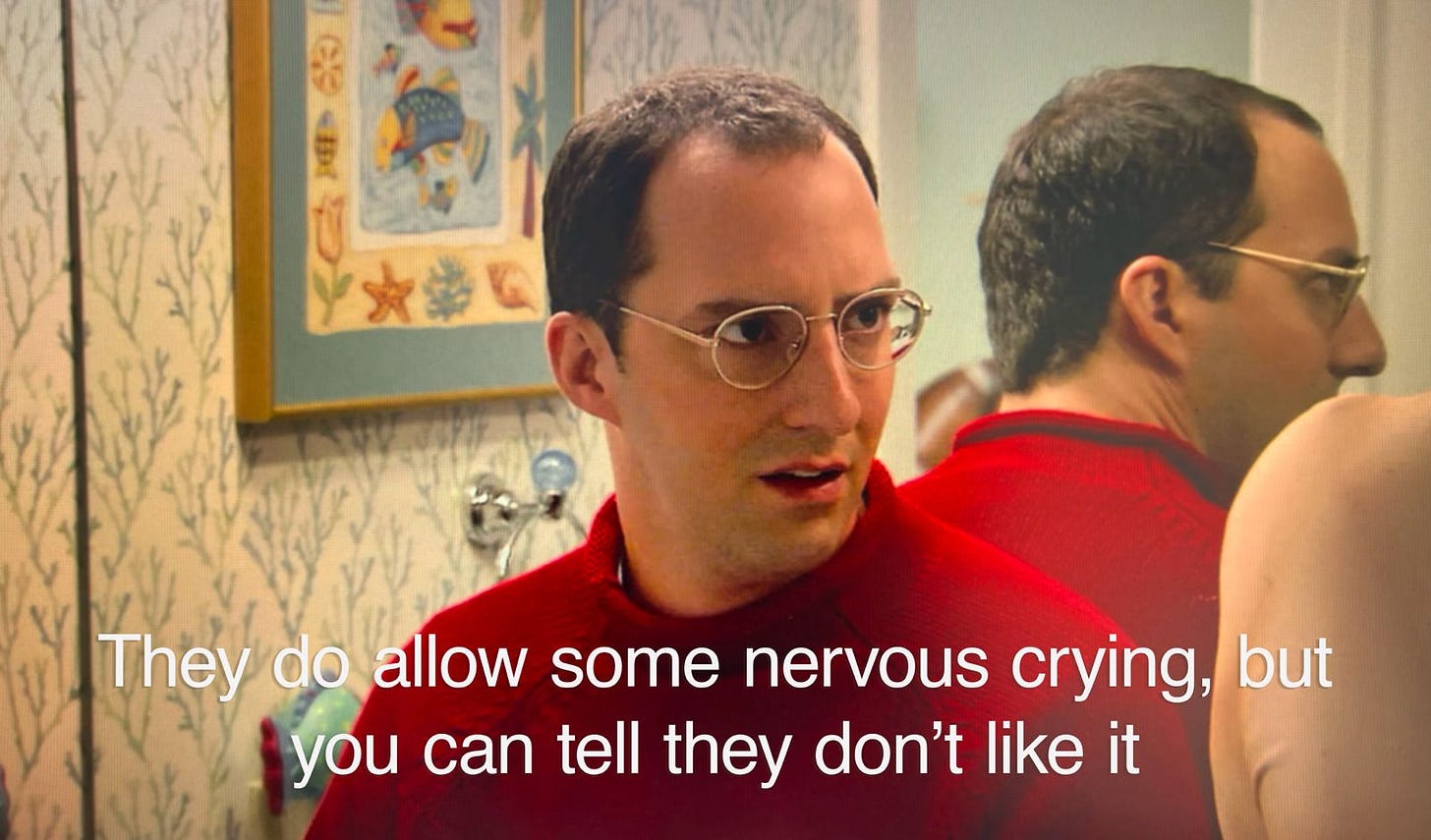Toxic managers are making life hell at brands
We spoke with 13 heads of departments at luxury brands to better understand why the cycle won't break.
Toxic management is a trait that gets passed down generations – like how your grandmother used to weave, then taught your mum, who taught you. It’s not unique to fashion houses, but due to the industry’s specific set of values – the emphasis it places on a complicated creative genius at the top and a you-should-be-so-lucky-to-be-here attitude for the rest – brands become the perfect incubators for inadequate managers, unprofessional norms, and an atmosphere of resentment.
To understand the unique challenges it presents to in-house designers, we’ve spoken with heads of departments at a handful of luxury houses – from LVMH and Kering brands to smaller but significant players in the industry. To allow everybody to speak openly and candidly, without breaching any NDAs, these interviews are presented anonymously.
Something nearly every designer we spoke with brought up almost immediately was the leap from being purely a designer to suddenly managing a whole team, sometimes overnight. For most, it’s like being thrown in the deep end without a single swimming lesson. They’re promoted because of their talent for design rather than their knack for management. But these are two completely different skill sets, and it seems, from our conversations, that almost nobody gets trained in how to handle the shift.
████, Design Director, surmised it neatly: “When I was new, I thought, ‘Well, I’m the manager. If I say it, you just do it.’” It took them a while to realise that people don’t respond well to that approach. “You actually have to reason with them. But you act this way because that’s exactly how your own manager behaved. A lot of this stuff is inherited trauma.”
From designer to manager, the untrained leap
One day you’re sketching concepts, selecting fabrics, or perfecting silhouettes, and the next, you’re suddenly in charge of a team, dealing with HR, handling budgets, and trying to navigate office politics.
████, continues to explain it bluntly: “They don’t become managers because they’re good managers. They get promoted because they’re good at design. Companies think, ‘If we promote this person, they’ll spread their style, their taste, their way of thinking.’ Which makes sense – but then you don’t have any training.”




